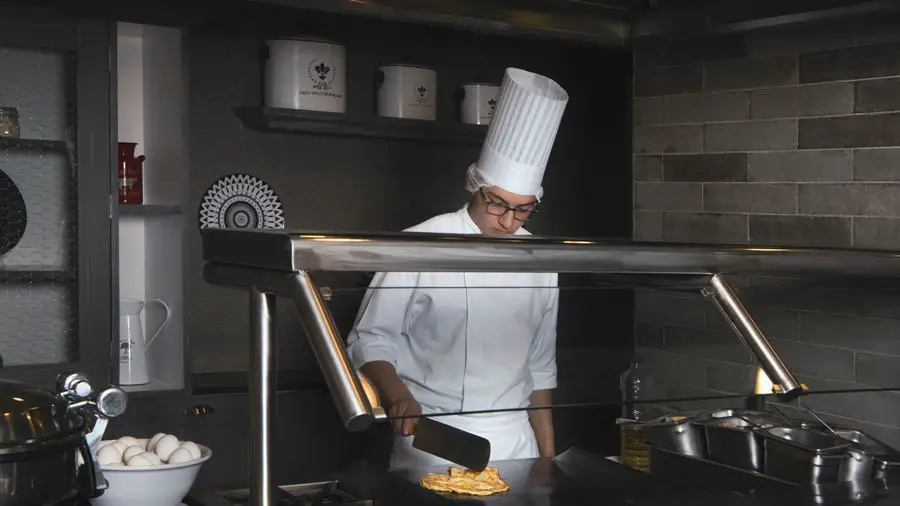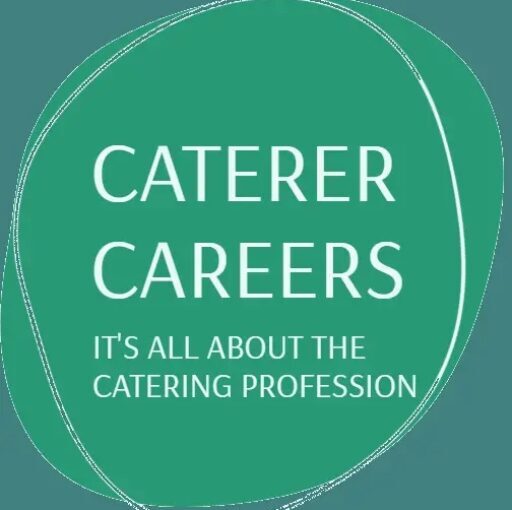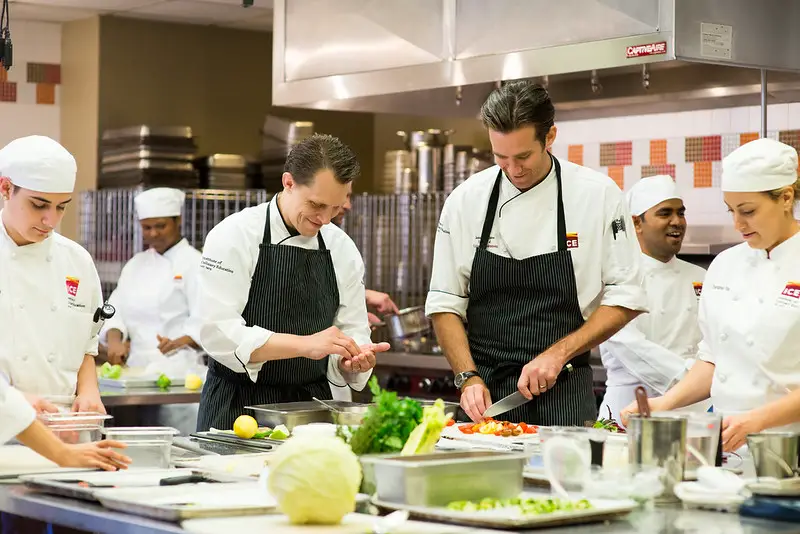
Job search has become a norm in the world we live in today.
The increase in skill acquisition has put the labor market on the path of constant expansion.
One thing is for sure, job opportunities will always be there.
There’s an amazing thing you must know: everyone can’t be underemployed at the same time — the employed will be there — the unemployed will be there at any point in time.
There are categories of people that are undergoing learning or education at a point in time, after which, they can seek to apply for jobs.
With the advancement of technology in this age, lots of industries are creating job opportunities.
Being jobless can be very challenging…
Having a job, as well, does have its challenges.
The thoughts of a job seeker are how to find a job and sort out immediate needs.
After graduation from school or having acquired a skill, and one is on the lookout for a job, it’s usually a period of expectations.
This expectation is in the direction of finding work to do. Also, it is a time of waiting, waiting until you get that job of your desire.
There’ll be a point in time when you’ll find that particular job you’ve been searching for.
What are the best ways to look for a job? Is there a particular means one can find a job?
These thoughts can run through the mind of someone when job-searching.
As industry varies, one has to apply for a job based on a specialized field. Specialization in a particular field makes you a professional person.
As chefs, we are professionals in the hospitality or catering industry.
When on the lookout for something that’ll keep one engaged, in terms of having work to do, there’ll be experiences on that path, (the process of job-searching is another kind of experience).
There’s something, seemingly, an applicant doesn’t think about when he/she is jobless: if I am applying for work in a particular company, and happened to be employed, how will I cope in my first month in the job? What kind of characters will I encounter there? What sort of challenges will one face there?
You must understand that — the first month or more — in any new job, can be very challenging. That’s why companies use the term: “probationary period”.
When you’re employed as a skilled personnel, you’ll have to prove your skill and experience to your employer. For you to establish your stay in that organization, you’ll have to prove the stuff you’re made of.
So, that period of probation can be very challenging!
As a job seeker, it’s important to have this information, so that when you finally find the job you seek, you should know things to expect.
This article is narrowed down to job seekers in the culinary industry.

1. Walk-in Job Search
This method of job search has come of age. We walk into companies in search of a job. when we see a signpost of a vacant position in front of a firm being advertised, we walk in and apply.
The emergence of “newspapers” and the “world wide web” (the internet), has created another platform for job search, but still, the old method of job seeking is prevalent today.
When we get information about a job vacancy in a company, we’ll prepare an application letter and submit it personally.
Sometimes, on the other hand, we take our curriculum vitae or resume, visit restaurants, or catering firms, in the town or city we live, enquire to meet with a human resources official of the establishment, relate with him/her to see if one can drop his/her credentials with them, should they have opening positions in the future.
Has there been a time you’ve gone to a company and dropped your resume?
Did you at any point in time submit a curriculum vitae personally?
I’ve done this myself several times.
Though the internet and publications have influenced how job search is done today, walk-in job search still exists.
2. Read Classifieds In Newspaper
Do you read newspapers? Do you like the news?
The newspaper community is another avenue for chefs to search for jobs.
Just as one can spend time reading news articles, columns, etc., job seekers can still spend time reading classifieds in newspapers.
Classified is a section in newspapers where lots of things are advertised.
3. Join the LinkedIn Professional Network
This platform has a huge database of industry professionals as members.
Over the years, LinkedIn has created a link between professionals, to be able to relate and share common goals about their respective industries.
I’ve received a job offer from Canada as a result of a contact I had on LinkedIn.
So many industry professionals have registered their profiles on LinkedIn.
Job advertisement is another resource LinkedIn is known for aside from other resources that are available on their platform.
The unique thing about LinkedIn is the information that is shared on various topics about jobs.
On the LinkedIn news feed, professionals post from time to time, tips about jobs, individual preparation for job interviews, and questions that could arise during an interview moment, should an employer become interested in you.
So, even as you’re searching for a job, prepare yourself for eventualities regarding interviews.
There’s a lot of information that is available for caterers on the LinkedIn platform.
Put up your professional identity or profile by signing up as a member of the professional network.
Some company employers use this medium to source for candidates searching for a job, there are opportunities as well to make contact with culinary professionals.
4. Browse Job Boards Online
As you continue with your job hunt, it is important to know that other websites specialize solely in reporting vacant job positions.
https://youtu.be/moriwxY1eigIf you research the internet through search engines, there are platforms where jobs are advertised by local and international recruiters, in other words, there are local and international websites listing job openings.
Indeed, the caterer, career builder, etc., are some of the job boards on the internet where chefs can look out for jobs.
You can register with some job advertisement providers, specifying your line of career, so they can notify you from time to time by email when vacant positions become available.

This caterer displays culinary arts.
5. Join Chef Associations
Being part of a culinary association is becoming popular by the day.
If you are an applicant, you can enquire from other caterers on how to join the association of culinary professionals in your country.
This trend has brought credibility and recognition in the present-day culinary circle.
There are chef groups, within your area or region in your country, that you can make inquiries about, and join.
Culinary experts use this forum to share resources about the profession and sometimes relate information about jobs.
The workplace today is still getting competitive, even as you are a job seeker, learn to gather information on how to go about finding a job.
Gather resources about jobs and preparation for interviews, and get training that’ll be a plus to your skills so you can stay relevant in the profession.
As a chef, for instance, if you are not computer literate, you can do computer training. This knowledge can enhance your prospects of finding a job quickly.
Sometimes, an employer may advertise a chef role and specify that the candidate must be computer literate, and the nature of the job could be their reason for such specifications.
As a job seeker, if you happen to get information about seminars or workshops on a scheduled date that has to do with “job search and prospect”, try and attend.
Sometimes, there could be information about a job fair on a scheduled date, this could be another source of finding a job if you attend.
Build a “resume or curriculum vitae” that specifies your line of field and experience, you can also consult experts who specialize in making resumes to assist you on how to make career-specific curriculum vitae, if need be.
When applying for a job, learn to prepare a detailed application letter.
Application letter is the first step an employer uses to assess a candidate.
Salary factor is another issue that arises when it relates to a job.
Some employers will advertise a job stating the amount they can offer as salary, other employers may not state the rate they’ll offer for the position advertised.
When you have a potential employer, and the issue of salary arises, make the best of the opportunity to negotiate your salary expectation.
With the emergence of globalization, job search has become international. While in your country of origin, one can apply for international jobs.
Some countries are seeking skilled workers to fill labor shortages in their homeland.
Skilled chefs are needed in some of these countries. Job seekers have to explore some of these opportunities.
Having work experience abroad can improve your resume and give you more exposure in a line of your career.
So, research different avenues or links that could be useful in finding a job.




